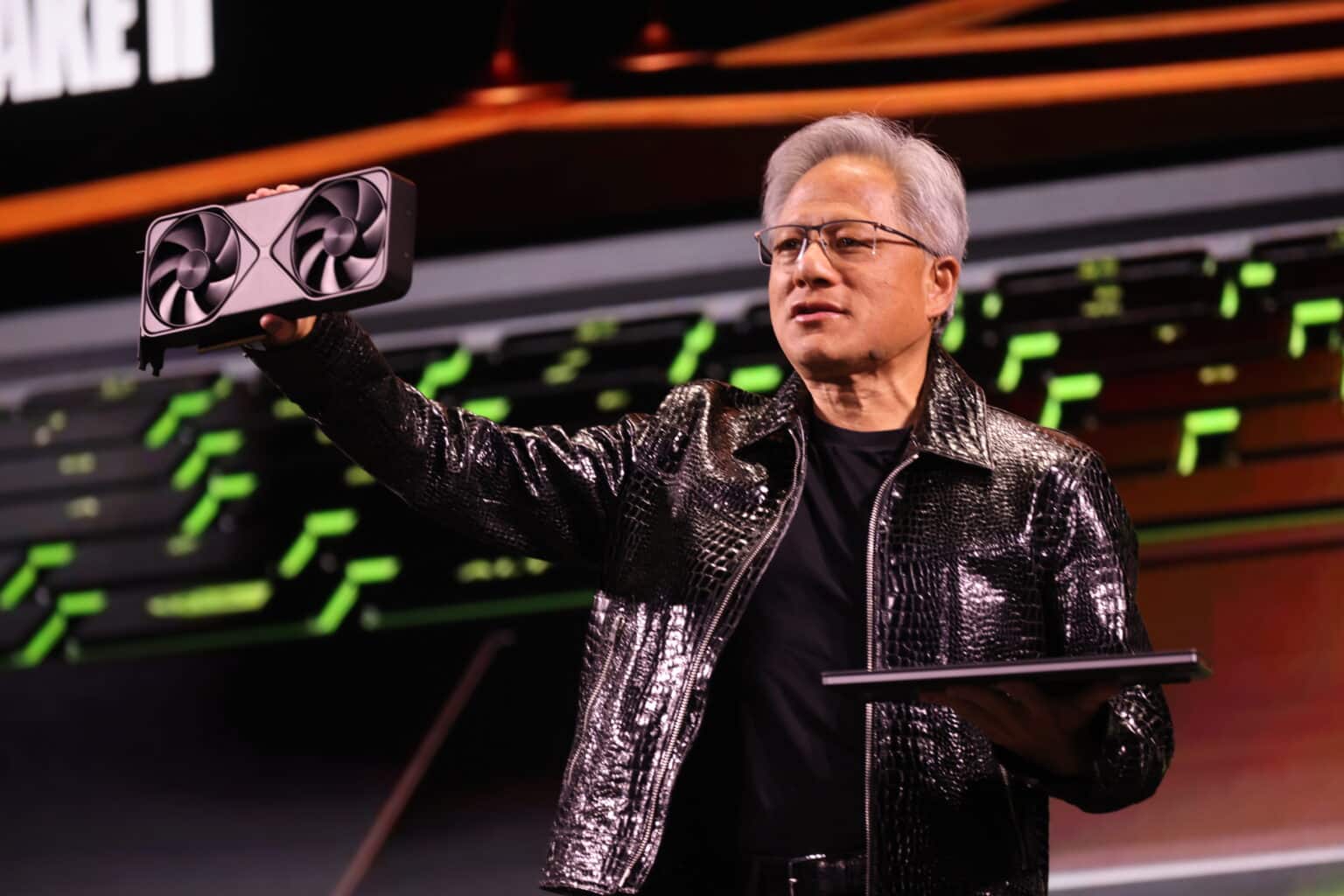Transforming Industries Through AI: Nvidia’s Vision at CES 2025
Nvidia CEO Jensen Huang has unveiled groundbreaking advancements in artificial intelligence (AI) during his keynote at CES 2025. These innovations aim to revolutionize the automotive, robotics, and manufacturing sectors, marking a pivotal moment in AI’s integration into real-world applications.
Driving the Autonomous Vehicle Revolution
Nvidia introduced its latest Drive Hyperion platform, powered by the state-of-the-art Nvidia AGX Thor system-on-a-chip (SoC). This platform seamlessly combines hardware, software, and generative AI capabilities, enabling safer and more intelligent autonomous vehicles. Collaborations with automakers like Toyota, Mercedes-Benz, and Volvo highlight Nvidia’s central role in advancing automotive autonomy.
Toyota, the world’s largest automaker, is leveraging Nvidia DRIVE AGX Orin along with the safety-certified DriveOS operating system to power its next-generation vehicles. Moreover, Hyundai Motor Group is partnering with Nvidia to implement AI solutions for smarter vehicle systems and manufacturing processes.
An integral part of Nvidia’s autonomous vehicle (AV) strategy is the use of synthetic data generation. By utilizing technologies like Nvidia Omniverse and Cosmos, automakers can simulate billions of driving scenarios, significantly accelerating the development of safe and reliable AV systems. As Jensen Huang stated, “The autonomous vehicle revolution is here, and the pace of development will only increase over the next few years.”
Accelerating Robotics with Advanced AI
Nvidia unveiled its Cosmos platform, which empowers robotics and autonomous systems with cutting-edge AI capabilities. By integrating generative AI models, Cosmos enables robots to analyze environments, plan actions, and make smarter decisions in real time. This innovation is being adopted by leading robotics firms, including Agile Robots and XPeng, to drive advancements in industries like logistics and transportation.
Huang likened the launch of Cosmos to a “ChatGPT moment” for robotics, emphasizing its ability to bring foresight and real-world simulation capabilities to physical AI systems. Companies like Uber have already begun using Cosmos to enhance logistics operations, while Hyundai is utilizing the platform for robotics and digital manufacturing optimization. Learn more about Nvidia’s Cosmos AI advancements here.
Revolutionizing Digital Manufacturing
In the manufacturing sector, Nvidia’s AI tools are enabling automation on an unprecedented scale. The Isaac GR00T Blueprint, for instance, generates synthetic motion data to expedite the development of humanoid robots, making industrial environments more efficient and intelligent. The Mega Blueprint supports large-scale simulations of robotic fleets, with early adopters like KION and Accenture already witnessing the benefits in warehouse automation.
Nvidia also introduced AI Blueprints for agentic AI, allowing businesses to develop custom AI agents tailored to specific needs such as fraud detection and supply chain optimization. These tools are designed to enhance productivity while addressing complex enterprise challenges.
Additional Announcements
Beyond its focus on autonomous vehicles, robotics, and manufacturing, Nvidia announced several other innovations at CES 2025:
- GeForce RTX 50 Series GPUs: Built on the Blackwell architecture, these GPUs deliver industry-leading performance for gaming and professional content creation.
- AI Foundation Models: Designed for RTX PCs, these models streamline the creation of “digital humans,” multimedia content, and podcasts.
- Project DIGITS: A portable AI supercomputer powered by the Grace Blackwell chip, offering desktop-scale AI performance for developers.
The Future of AI Integration
Jensen Huang’s keynote at CES 2025 underscores Nvidia’s commitment to driving innovation across industries. By combining hardware, software, and AI technologies, Nvidia is not only advancing the capabilities of autonomous vehicles, robotics, and manufacturing but also paving the way for a future where AI seamlessly integrates into our daily lives.
For more insights into how AI is shaping industries, check out Siemens’ groundbreaking advancements in industrial AI.







